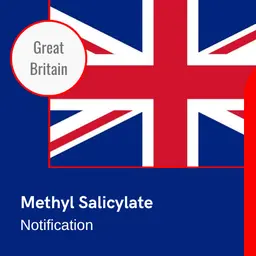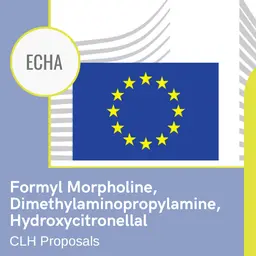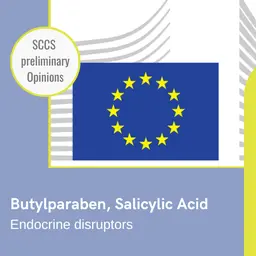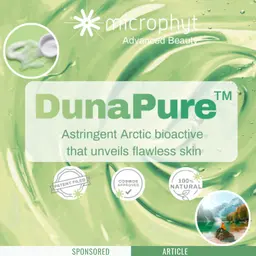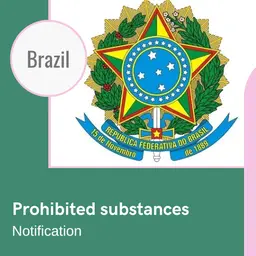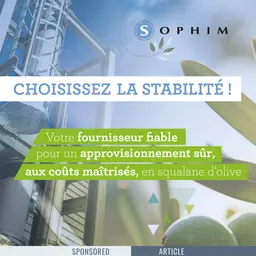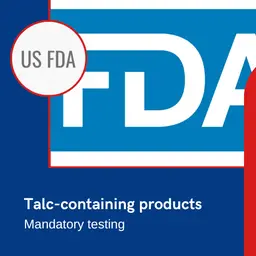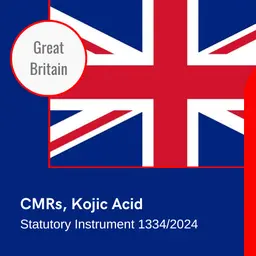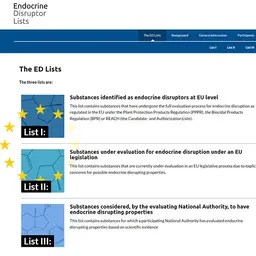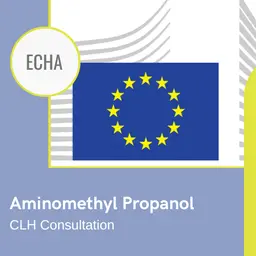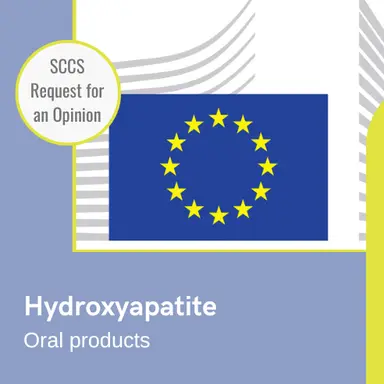
Following the final opinion of the SCCS in March 2023, and the restrictions on the substance notified by the European Commission, the cosmetics industry has provided additional information in support of its safe use in higher percentages in oral products. Hydroxyapatite in nano form will therefore once again be assessed by the Scientific Committee for this product category. The European Commission has just given it a mandate to do so.
Background
Article 2(1)(k) of Regulation (EC) No 1223/2009 (Cosmetics Regulation) states that “nanomaterial” means an insoluble or biopersistent and intentionally manufactured material with one or more external dimensions, or an internal structure, on the scale from 1 to 100 nm.
That definition covers only materials in the nano-scale that are intentionally made and are insoluble/partially-soluble or biopersisten. It does not cover those that are soluble or degradable/non-persistent in biological system. Article 16 of the Cosmetics Regulation requires cosmetic products containing nanomaterials other than colorants, preservatives and UV-filters and not otherwise restricted by the Cosmetics Regulation to be notified to the Commission six months prior to being placed on the market. Article 19 of this Regulation requires nano-scale ingredients to be labelled (name of the ingredient, followed by ‘nano’ in brackets). If there are concerns over the safety of a notified nanomaterial, the Commission shall refer it to the Scientific Committee on Consumer Safety (SCCS) for a full risk assessment.
The Commission services received a number of notifications under Article 16 of the Cosmetics Regulation via the Cosmetic Product Notification Portal (CPNP) for cosmetic products containing Hydroxyapatite (CAS No.1306-06-17 and EC No.215-145-20) in nano form.
Hydroxyapatite is reported in the CosIng …

